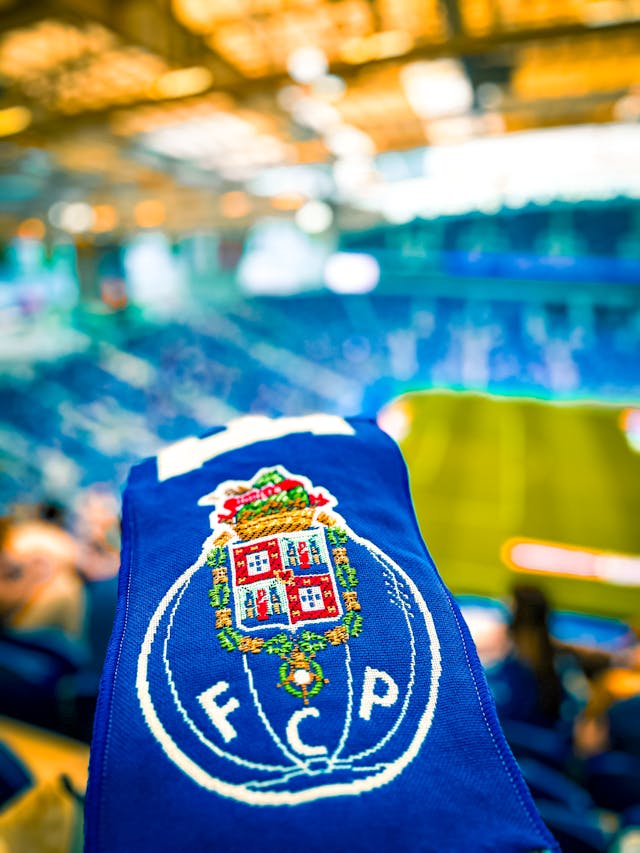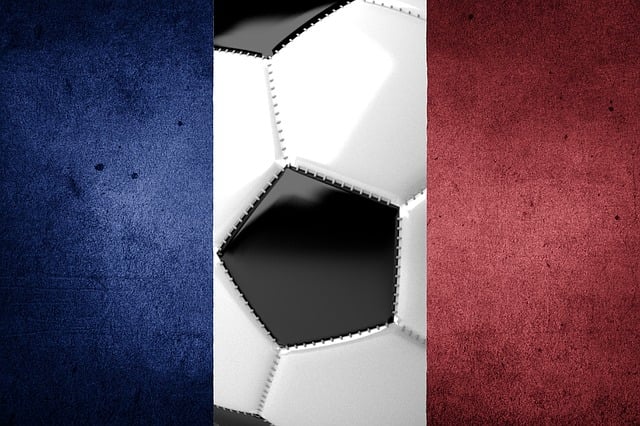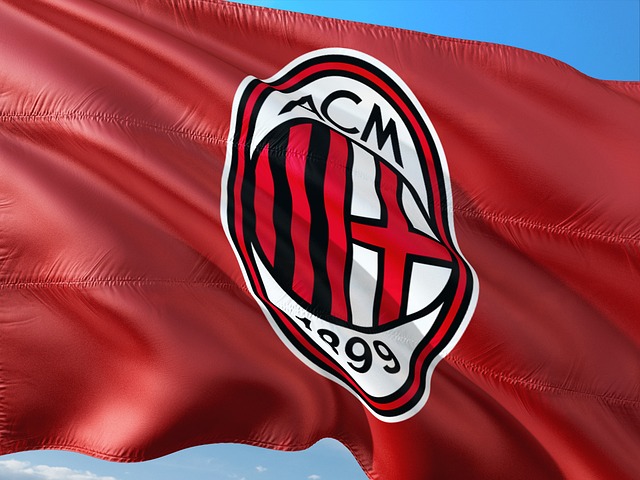As a brutal heatwave grips the east coast of the United States, teams competing in the FIFA Club World Cup are struggling to adapt to soaring temperatures and unpredictable weather.
Chelsea manager Enzo Maresca acknowledged the impact the conditions are having on his squad as they prepare to face Espérance Sportive de Tunis in Philadelphia.
"It's almost impossible to train a full session because of the weather," Maresca said.
"We are trying to save energy for the game. This morning's session was very short, just plan for tomorrow, that's it. No more than that.
It's not easy with these temperatures, but we will give our best tomorrow to get to the next stage of the competition."
With heat indexes climbing to 108°F (42.2°C) in Philadelphia, local authorities have declared a heat emergency through Wednesday, offering residents access to cooled public spaces and setting up medical hotlines. The oppressive heat is also taking its toll on Club World Cup players, some of whom are being forced to modify their training and match-day routines.
Borussia Dortmund, playing in Cincinnati, kept substitutes in the locker room for the first half to avoid direct sun.
“Our subs watched the first half from inside the locker room to avoid the blazing sun at TQL Stadium — never seen that before, but in this heat, it absolutely makes sense,” the club posted on social media.
Manager Niko Kovac elaborated on the team’s coping strategies.
“We always think about how we can help the team, how we can minimize a negative influence. And it was just very, very hot. We had cooling sticks in order to cool the players down. We had them waiting in the dressing room with the air conditioning,” he said.
“This was very important for all of us. It’s not only about tactics, but it’s also about minimizing the load, minimizing the stress. The stress is already high enough.”
“It's impossible, terribly hot. My toenails were hurting; I couldn't slow down or speed up. It was unbelievable.”
— The Athletic | Football (@TheAthleticFC) June 23, 2025
"Today was too hot and the time of the day when we played did not help."
"It would have been better to play at a different time."
Players, fans and executives have… pic.twitter.com/ASQPfvrtXI
The extreme conditions come just a year before the United States, Canada, and Mexico co-host the 2026 World Cup, raising concerns about the viability of summer tournaments in a warming climate. Environmental groups like Fossil Free Football are criticizing FIFA for insufficient action on heat safety.
“Scheduling matches in no-shade stadiums in the middle of the day and promoting oil-dependent sponsors shows FIFA is dangerously out of touch with the threat extreme heat poses to its major summer tournaments,” said spokesperson Peter Crisp.
Matches have not only been affected by heat but also by thunderstorms. Multiple fixtures have faced delays of up to 2.5 hours, including Benfica's clash with Auckland City and Palmeiras' match against Al-Ahly. The pattern of disruption is raising alarms for broadcasters and organizers alike.
FIFA insists it is monitoring the situation closely.
“FIFA will continue to monitor the weather conditions in coordination with the venue teams to ensure a safe and enjoyable experience for everyone involved,” a spokesperson said.
They confirmed that cooling breaks are in effect and fans may bring clear, empty bottles into stadiums for hydration.
Meanwhile, Manchester City, the other English side in the competition, are set to play Al-Ain in Atlanta’s air-conditioned Mercedes-Benz Stadium. City boss Pep Guardiola appreciated the more bearable conditions but remains skeptical about next year’s World Cup.
"Every team, every player and manager is in the dugout complaining about the heat and humidity, and the next World Cup will happen here. The players will know already and it will be tough, the conditions are not easy."
As weather continues to challenge both scheduling and safety, pressure mounts on FIFA to rethink how it manages tournaments in a changing climate.
Featured Image Credit: Instagram / @fifaclubworldcup, Unsplash / Mauro Lima
.png)



.jpg)
.jpg)
.jpg)




